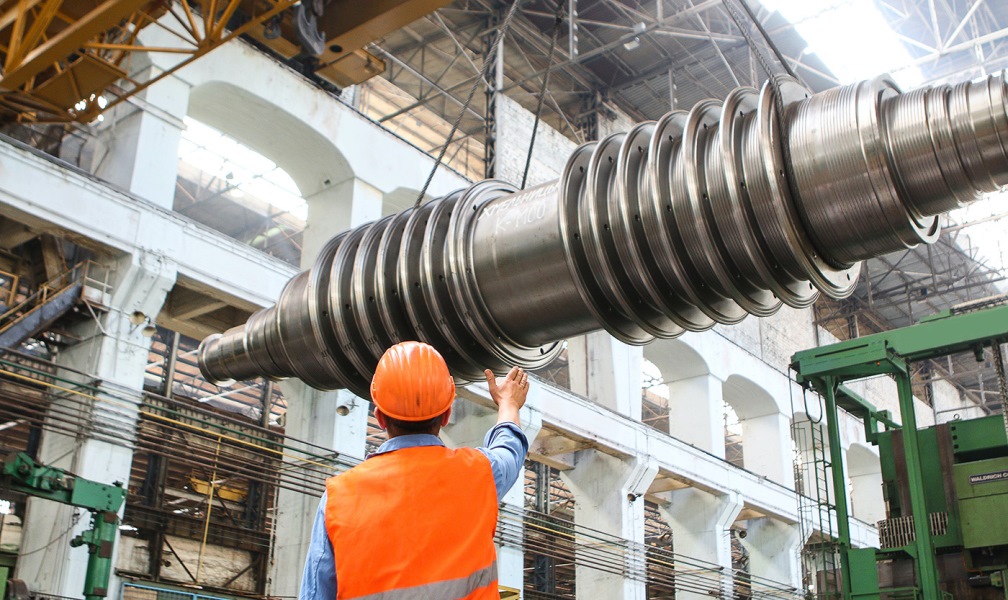On March 30, 2022, the Canada Infrastructure Bank (CIB) and Johnson Controls signed an agreement that commits more than $125 million (CAD) to accelerate private sector decarbonization building retrofit projects across Canada.
As originally documented in the 2002 book, The Restoration Economy, the retrofitting of existing buildings is almost always far more green than demolishing old buildings and constructing anew.
“Investments in building retrofits are key to reducing greenhouse gas emissions and reaching Canada’s target of net zero emissions by 2050. The CIB’s investment will enable Johnson Controls to provide participating organizations the expertise and solutions they need to make their buildings more sustainable while creating hundreds of high-quality jobs in the skilled trades,” said Dominic LeBlanc, Minister of Intergovernmental Affairs, Infrastructure and Communities.
The agreement sees the CIB investing up to $100 million toward commercial, industrial, manufacturing and multi-residential buildings leveraged through Johnson Controls’ OpenBlue Net Zero Buildings as a Service offering.
The CIB’s financing represents 80 percent of the overall capital cost of projects. An equity investment representing no less than 20 percent of the capital cost will be provided by Johnson Controls and its affiliate, Johnson Controls Capital Canada Inc.
“We are delighted to partner with Johnson Controls, one of Canada’s largest energy service companies to enable large-scale retrofit projects that will be carried out with no upfront investment from building owners. This is another CIB investment that fits perfectly with our $2 billion Green Infrastructure priority sector and will have a long-term material impact on Canadian infrastructure,” explained Ehren Cory, CEO, Canada Infrastructure Bank.
Johnson Controls claims to be a global leader in technology for smarter, healthier and more sustainable buildings. They will identify and manage the retrofit projects by offering a unique, efficient and vertically integrated delivery model inclusive of the investor and energy service company.
Participating organizations will be empowered with capital, expertise and solutions to make tangible progress towards decarbonization goals.
In addition, asset owners will have access to OpenBlue Net Zero Advisor, which combines a suite of connected solutions to deliver real-time, AI-driven tracking and reporting of sustainability metrics such as energy, water and waste.
The sustainable retrofit projects will simultaneously make facilities smarter, safer and healthier for occupants, all while preserving capital for investment in core strategic priorities. This offering also provides an important tool to mitigate the increased price of many carbon-based fuels.
“Johnson Controls is proud to extend its investment in Canada with this collaboration. As the global leader in sustainability for buildings, we see this partnership with the Canada Infrastructure Bank as a vital initiative to support Canada’s progress toward meeting its carbon reduction commitments, and an extension of our commitment to a greener future,” says Katie McGinty, Chief Sustainability and External Relations Officer, Johnson Controls.
Over the next five years, the CIB’s and Johnson Controls’ collaboration is expected to reduce greenhouse gas (GHG) emissions by more than 48,000 tonnes per year, resulting in significant decarbonization of retrofitted buildings. In addition, the projects are expected to create more than 900 jobs in the trade sector.
The Canada Infrastructure Bank (CIB) is an impact investor enabling new infrastructure projects which benefit Canadians. As it executes $35 billion in investments, the CIB focuses on five priority sectors: broadband, public transit, clean power, green infrastructure and trade and transportation.
To date, the CIB has committed $600 million toward building energy retrofits. The CIB’s Commercial Building Retrofit Initiative targets building retrofit projects with a minimum of 30 per cent greenhouse gas (GHG) emission reduction at the building level.
The CIB seeks to invest up to $5 billion into green infrastructure which supports climate change action and sustainable economic growth. All CIB investments are subject to approval by its Board of Directors.
The investment is expected to reach financial close in summer 2022.
Industrial retrofit photo is courtesy of CIB.

